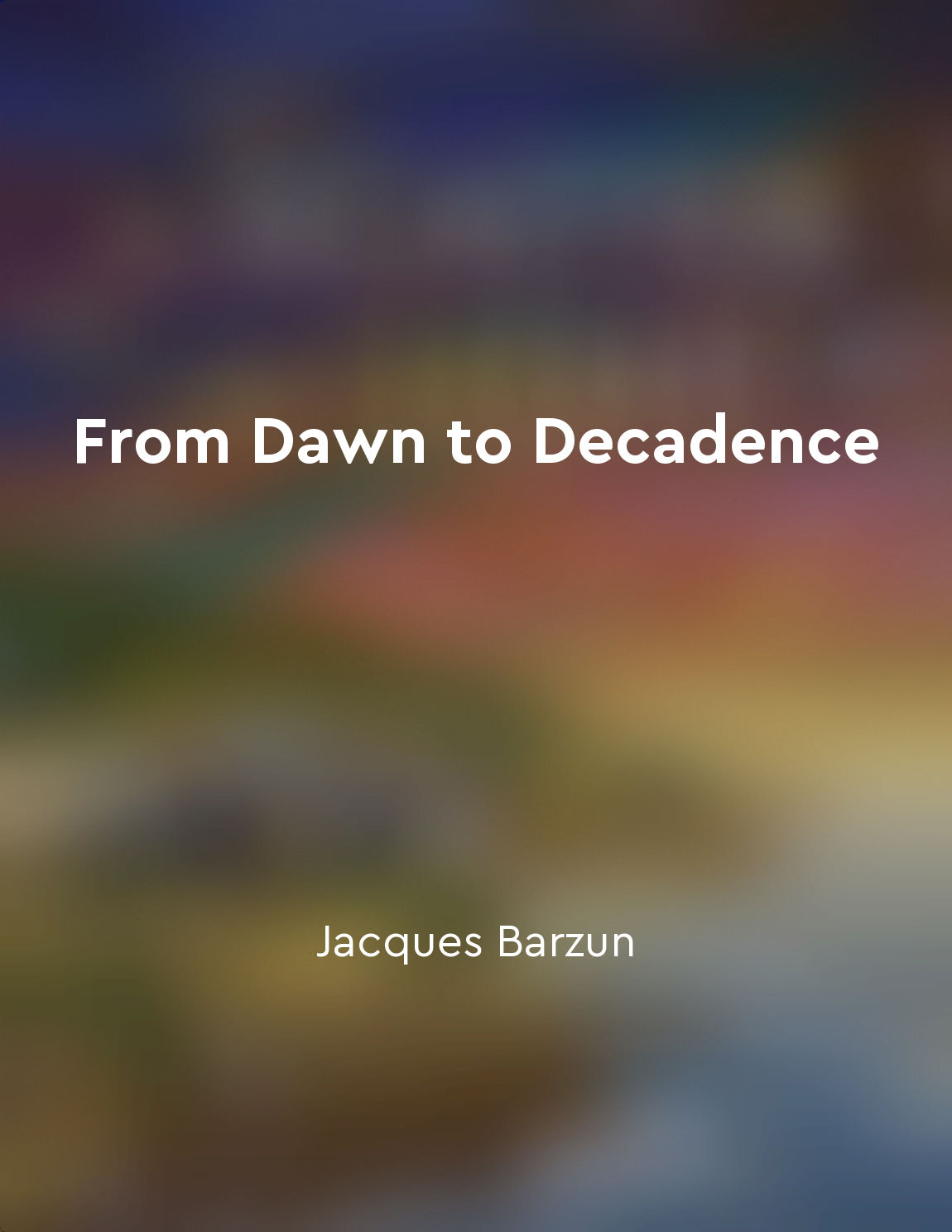Emergence of modern state in early modern Europe from "summary" of The Origins of Political Order by Francis Fukuyama
The emergence of modern states in early modern Europe was a crucial development in the evolution of political order. This period saw the consolidation of power in the hands of centralized monarchies, marking a shift away from the fragmented feudal system that had characterized the Middle Ages. One key factor in the rise of modern states was the decline of feudalism, which had been the dominant social and political system in Europe for centuries. Feudalism was based on a decentralized network of relationships between lords, vassals, and serfs, with power and authority dispersed among a patchwork of local fiefdoms. As feudalism weakened, monarchs were able to assert greater control over their territories, centralizing power in the hands of the state. This process was facilitated by advancements in military technology...Similar Posts

Education empowers individuals to shape the future
Education is not just about acquiring knowledge or skills. It is about empowerment. It is about giving individuals the tools th...
Future of political order uncertain in a rapidly changing world
The tumultuous events of recent years have underscored the uncertainty surrounding the future of political order in our rapidly...

The legacy of Western civilization
The legacy of Western civilization is a multifaceted concept that encompasses a wide range of ideas, philosophies, and practice...

Crusades fueled conflict between East and West
The Crusades were a series of religious wars that took place during the Middle Ages, with the primary goal of capturing Jerusal...

Customs transformed into formal laws
The transition from custom to law is a critical development in the evolution of human societies. Customs are informal practices...
The war led to unprecedented levels of destruction
The war was indeed a catastrophic event that brought about levels of destruction never before seen in human history. The scale ...
